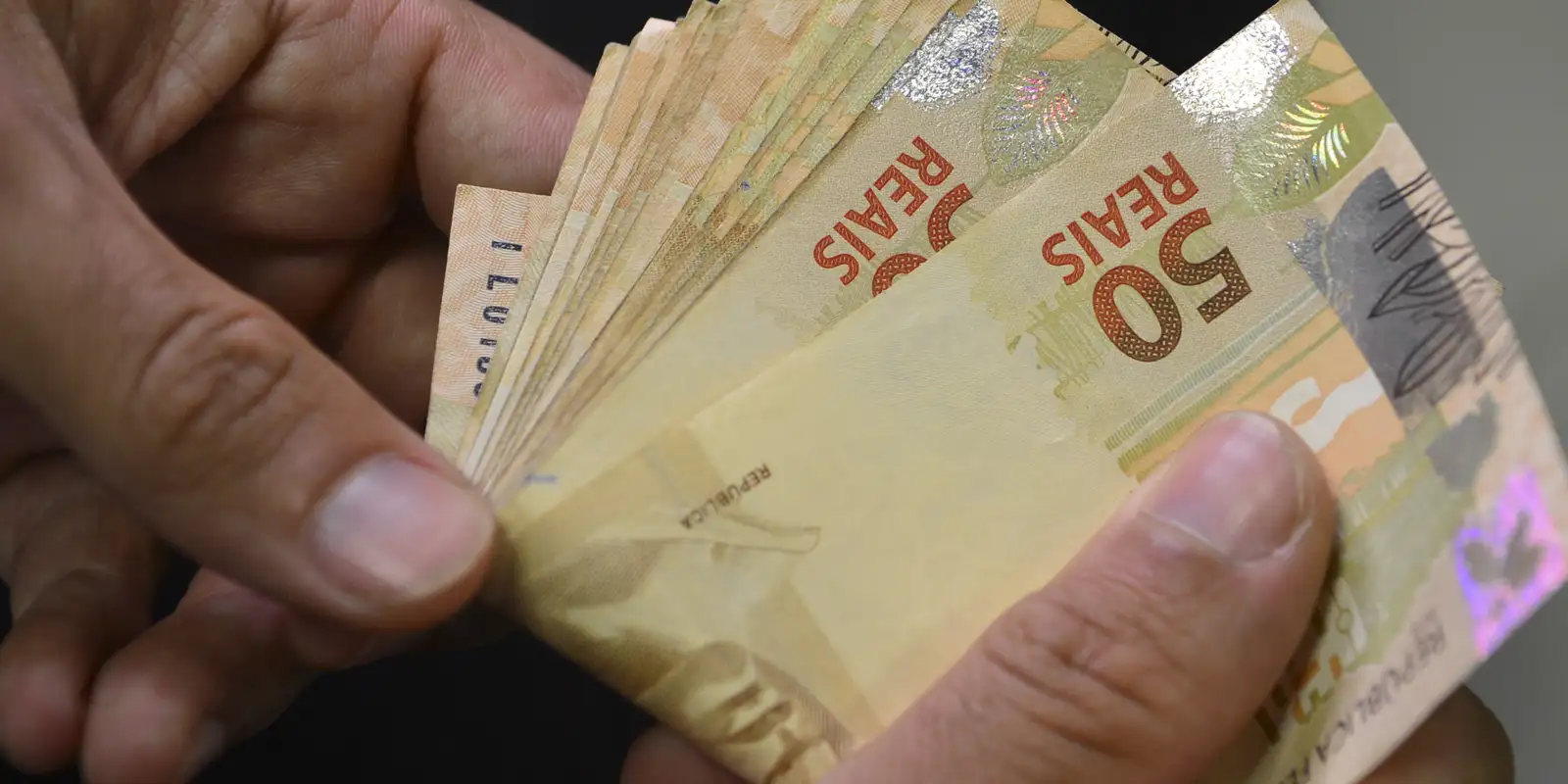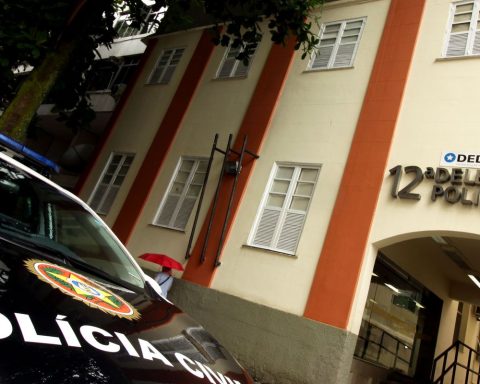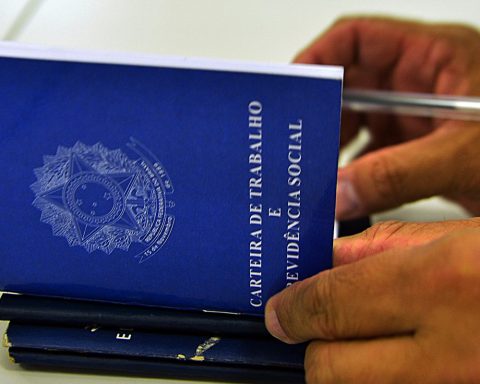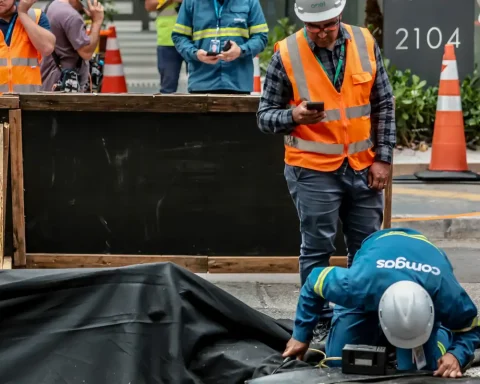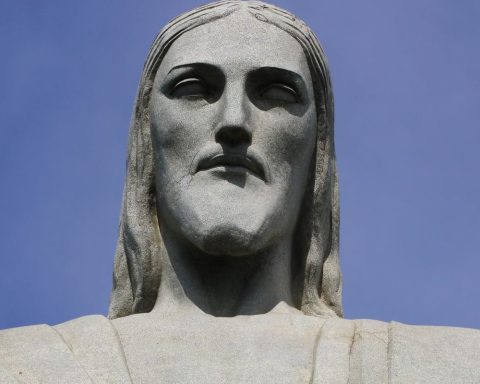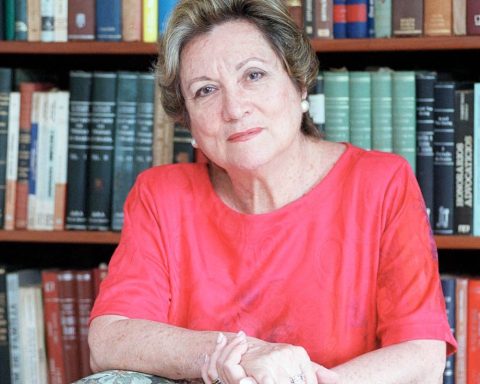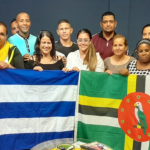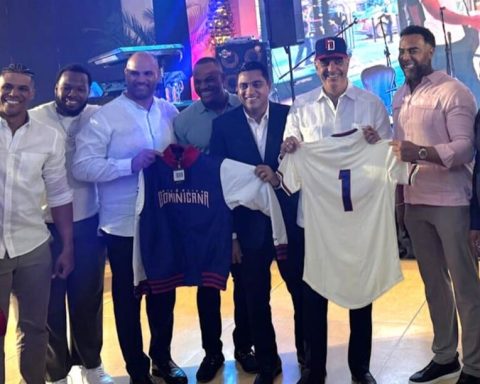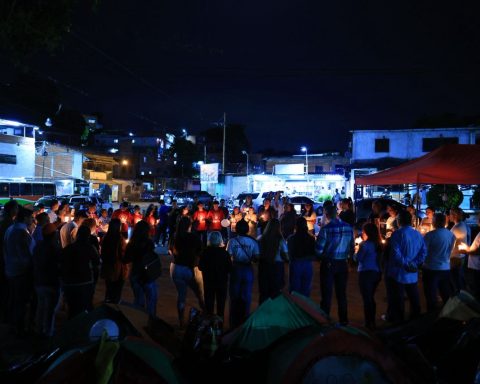One of the novelties of the tax reform, the refund of taxes for low-income families, called cashbackwas born as a tool to make the tax system more progressive. Progressivity consists of making the poorest pay proportionally less taxes than the richest.
Because they have rates as a percentage of the price of the merchandise, taxes related to consumption have a regressive effect and proportionally harm the less favored. When purchasing any commodity, the poor and rich pay the same tax, but the less favored consume a greater part of the income when comparing the tax with the salary.
In the case of a R$25 package of rice, with a 25% consumption tax rate, the tax would be equivalent to R$6.25. However, this amount means that a worker earning a minimum wage of R$1,518 will pay 0.41% of their income, while a buyer earning R$10,000 will spend 0.062% of their income.
To correct the distortion, the tax reform inserted the cashback for families registered in the Single Registry for Social Programs of the Federal Government (CadÚnico). Instituted in the constitutional amendment of the tax reform on consumption of 2023, the mechanism had the scope defined by the complementary law sanctioned last Thursday (16).
According to the complementary law, there will be 100% refund of the Contribution on Goods and Services (CBS) and at least 20% of the Tax on Goods and Services (IBS) to the low-income population on:
• Water;
• Gas cylinder;
• Telephone and internet bills;
• Electric energy;
• Sewage.
For other products and services, the reimbursement will be equivalent to 20% of CBS and IBS. In the case of IBS, states and municipalities will have the autonomy to define whether the refund will be greater than 20%.
Detailing
The way in which the return will occur will still be defined by subsequent legislation. One of the possibilities is to compare the Individual Taxpayer Registry (CPF) on the invoice, the value of the purchase and the registration in CadÚnico. In the case of IBS returns, an automatic verification system for the buyer’s address, available on CadÚnico, may also be necessary.
In 2023, the extraordinary secretary of tax reform, Bernard Appy, cited, in a public hearing in the Chamber of Deputies, the example of Rio Grande do Sul. In 2021, the state implemented a tax refund system on the Circulation of Goods and Services (ICMS) to families registered in the Single Registry with income of up to three minimum wages through a credit card.
Initially, the government of Rio Grande do Sul returned a fixed amount per family and now it has started to refund by CPF, based on cross-checking data between the purchase value and the family’s registration status. In remote locations, without internet access, Appy suggested a direct income transfer system, complementary to Bolsa Família.
